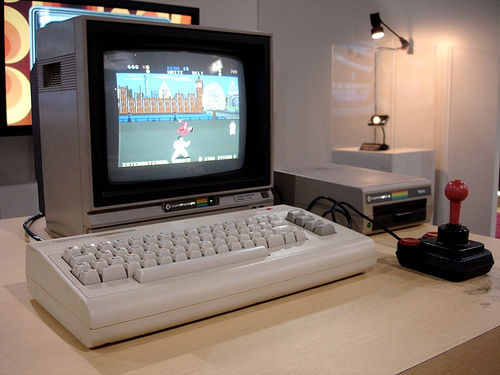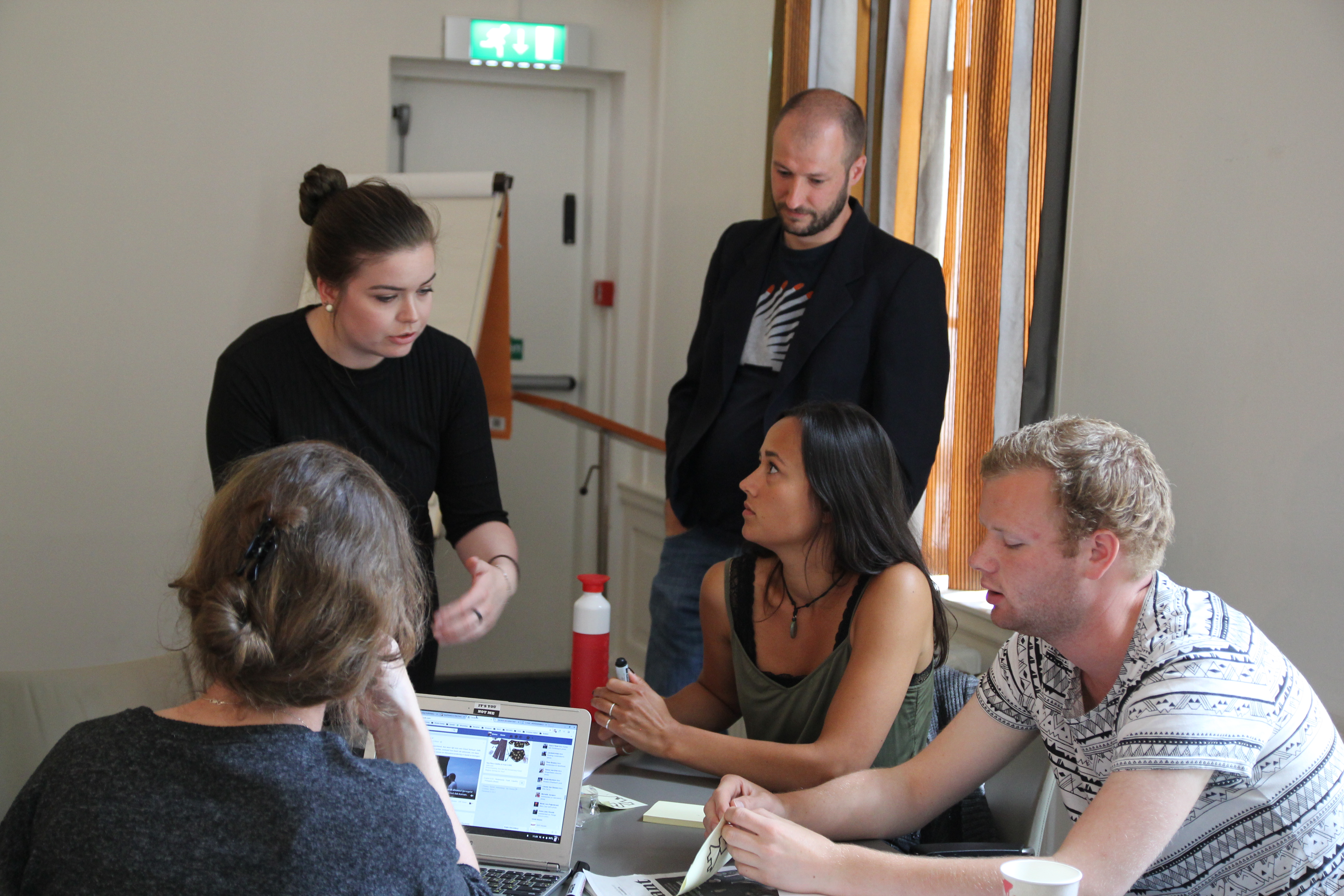Hay Kranen has vinyl records, crazy cooking skills, a collection of strange mugs, and a big heart. He grew up in Bottendaal, a then-disadvantaged area of Nijmegen, surrounded by poverty and migrants. At his school, teachers knew how to handle diversity. They even had a school song that was all about inclusiveness. Hay is carrying on that inclusiveness to this day. Regardless, he insists that he was formed by experiences.
Hay met Albertine Piels and Nienke Huitenga during the first IDFA DocLab Academy, which was being held at Brakke Grond, Amsterdam’s Flemish cultural center. That’s where Hackastory was born, thanks to their common vision of ‘less talking, more rocking’. “I just want to make things,” Hay says. “I want to see results, have something tangible.”
“I was familiar with hackathons thanks to my open-source background,” he says. Hay taught himself about open-source in parallel with his studies in design technology at HKU, purely out of interest. He was fascinated by the hacking world. In fact, he’s been fascinated by everything to do with computers ever since he was around six years old.
“My first computer was a Commodore 64,” he says with twinkles in his eyes. He was in high school when he got internet at home, and made his first website, “Dutch Art”, in 1998, at age fifteen. It’s in his blood as much as diversity is. He also first came into contact with journalism in school: he started a school newspaper.

Old skool: a Commodore 64
“It wasn’t cool to be a programmer,” Hay recalls, but that’s exactly what he likes about hackathons. The nerdy stereotype that people have when it comes to hackathons is something Hay wants to dispel. “At every hackathon, there’s a great atmosphere, without egoes or alphas.” He also likes the structured thinking that goes on at hackathons. He’s always looking for a challenge.
“It’s really cool to coach. It makes me happy to help people who are insecure. Sometimes you just need a little boost, a helping hand. I’m probably projecting my own insecurities.”

Hay (standing) at a workshop at the University of Amsterdam
Though Hay mentions his insecurities, he knows what he’s doing. He does things differently than normal. “I like to turn things upside down,” he says. For instance, in his opinion, “the developer should always get the lead,” which he says is not the case in your average hackathon. He’s also never afraid to let go of his ego in order to make new things. “The most important thing is that people learn from each other. A good team makes a good product.” Just like Hackastory makes a good team. It’s like a big family. “We’re not wolves, but we are a wolf pack.”